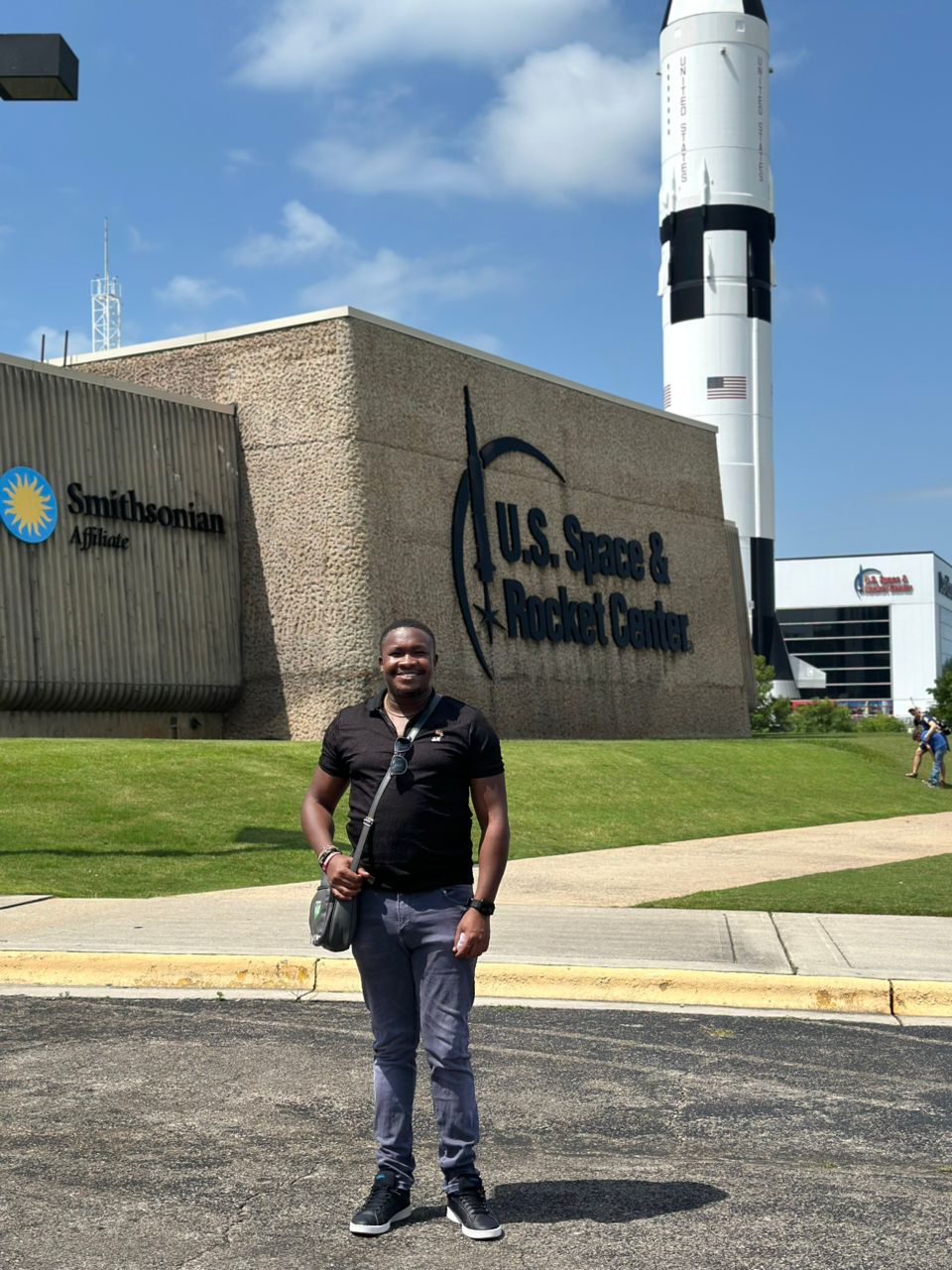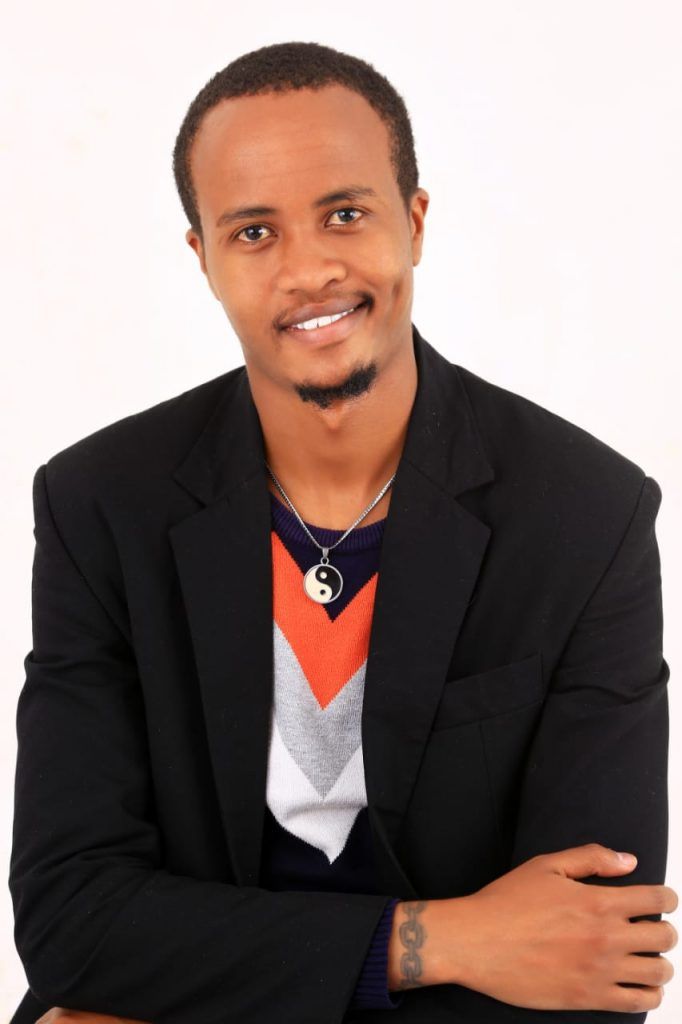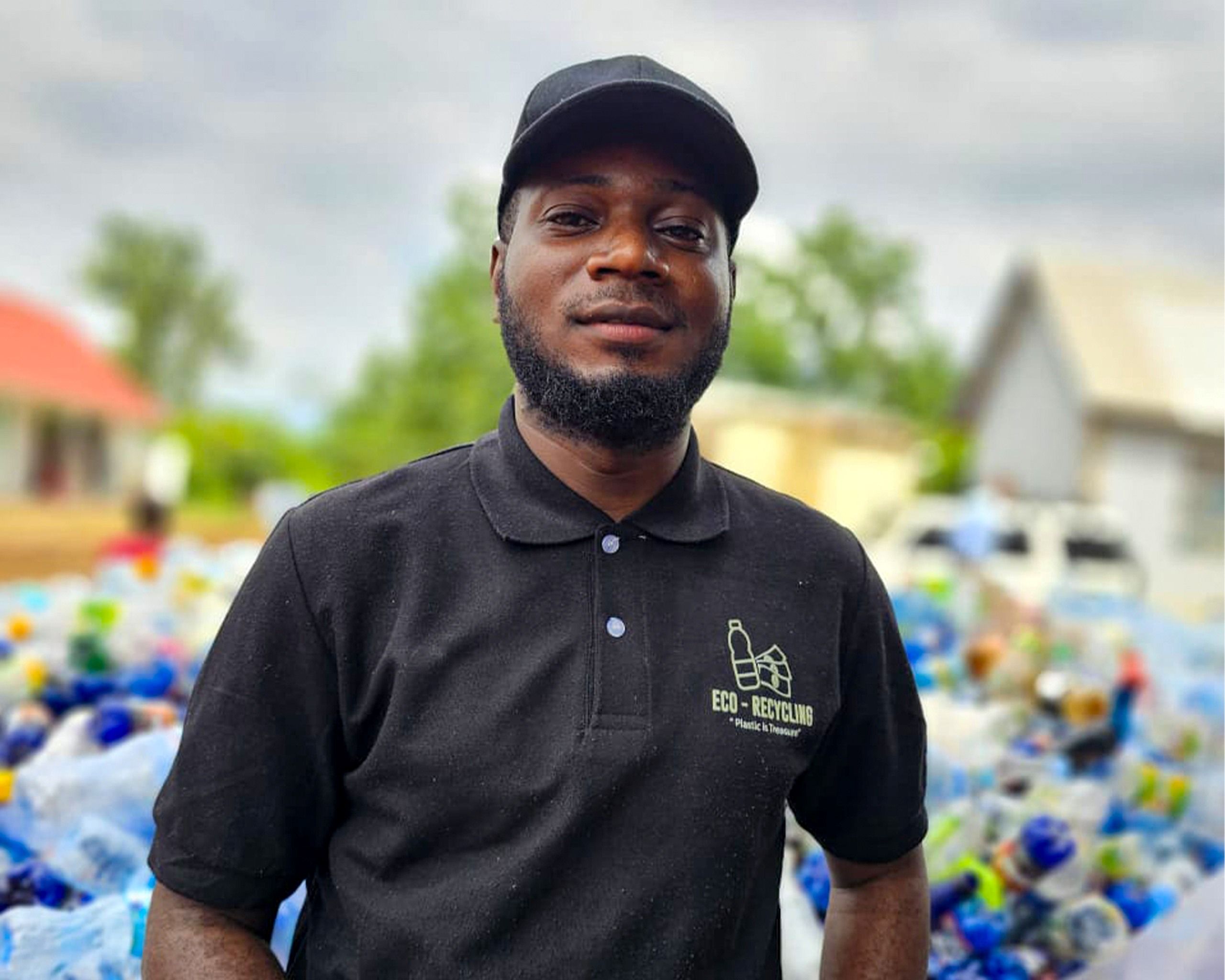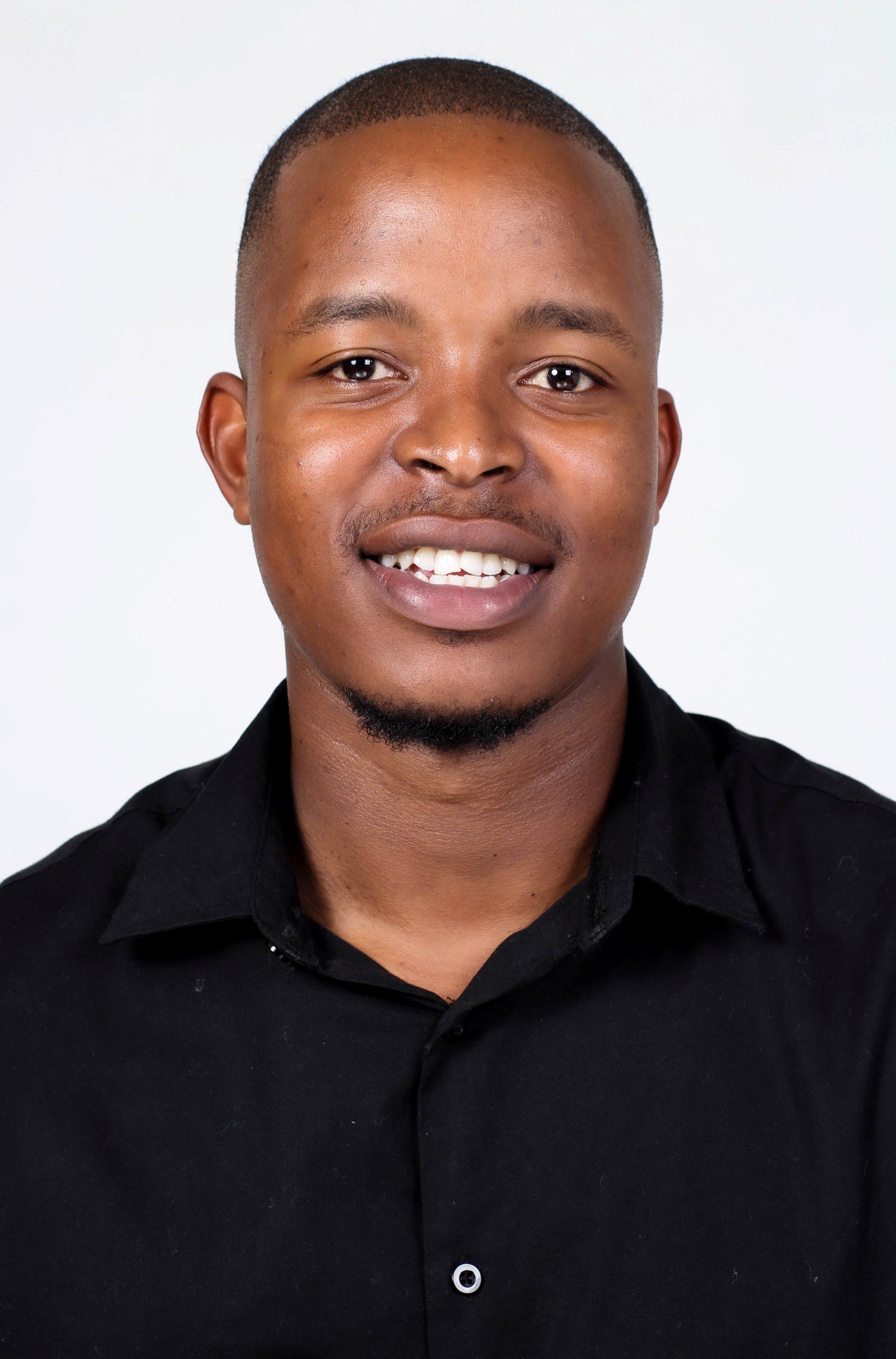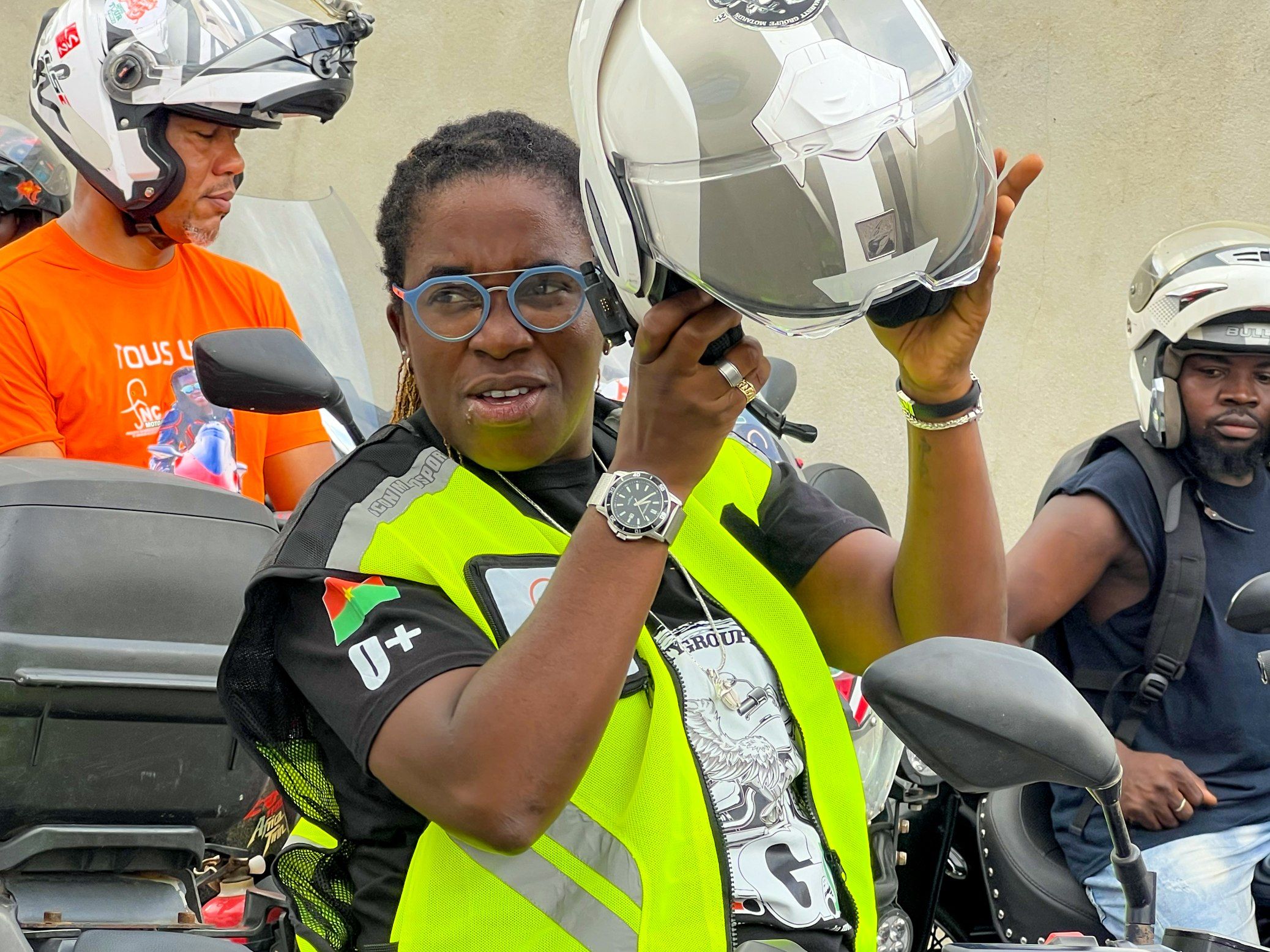Imagine this.
You don’t have parents. Biologically, you must have had them. The thing is that you’ve never seen them. The story goes, someone left you bundled in shawls when you were a month old, dropped you outside a church. The church took you to a children’s centre, and that’s the home you have known since you first knew yourself.
Why they left you, you’ve never, and might never, know. It doesn’t bother you, though. Or is that a lie you tell yourself?
When you turned twelve, the lie festered. You started getting these questions: Who is she, your mother? Where is she, and why did she abandon you? What about your father? Isn’t a father supposed to protect his child? These questions never attack you from the front, no. They creep from behind like highly-trained military soldiers on a covert mission.
The children’s centre manages to give you a basic education through primary and secondary school at government-sponsored public schools.
You have made friends at the centre—no, they are more than friends, they are family.
One day, you turn eighteen. That’s when your life plummets like a plane falling from the sky. They tell you that you are now legally an adult, and this is a children's centre, not an adult centre. They have to let you go. But what do you know about the outside world? What skill do you have to eke a living? All you did most of the time was play and engage in programs when, once in a while, groups came to feed you and the rest, and give you supplies.
You hope you’ll find a benefactor to sponsor you through university, your dream is to become a doctor, and maybe have a family one day. You will never leave your child, you vow. The pattern ends with you. You’ve even written it somewhere in a tattered notebook and underlined it multiple times.
You don’t find any sponsors. With no skills to earn a living, you turn to the streets. You quickly find a new family there, and they induct you into the life of drugs and crime. Years later, you are a hardened criminal. You rob with violence.
One day, during a usual robbery stint deep in the night, things go awry. The police show up. You and your coterie of criminals run. The police shoot you in the back and you keel over, fall face down.
As your blood pools around you, and the gunshots echo in the night, and the ground swirls, and death loosens your soul, you ask: Did it have to turn out this way?
***
On a hot Wednesday morning, I had the privilege of interviewing Felix Yegon, alias YG, over a Zoom call. He is a 2025 Mandela Washington Fellow using fashion as a vehicle for social entrepreneurship to create decent jobs and employment opportunities for marginalised youths and adolescents.

“My focus is mainly on those in children’s homes and orphanages, urban poor regions, or rural areas close to urban areas.”
A clear-cut path to becoming a pilot
I asked Yegon the lingering question: WHY?
“What’s your story behind the story?”
His journey starts in high school; the journey that meandered like a river flowing downhill to feed the sea that is Felix Yegon today: a social entrepreneur with kids in orphanages at the centre of his drive.
“I went to Sacho High School in Baringo,” he told me. “I was a bright kid who scored A’s, and my dream was to become a pilot.”
In my mind, I wonder, when will I meet someone who is who they wanted to be when they were younger? It seems like we all had to revise, edit, recalibrate, divert, pivot, recast…whatever the vocabulary you clothe it in.
“Kenya Airways had a program where they sponsored bright students after their final secondary school exams for an aviation course. These kids went on to become pilots. I knew that was the path I’d take.”
While Felix Yegon’s path seemed clear-cut, the unexpected crept in on him.
“When I finished my secondary school in 2012 and passed, it happened that Kenya Airways announced the end of the program.”
“How did that make you feel?” I probed.
“Bad. I was broken and disappointed.”
Yegon’s father advised him to pursue Economics. At the time, Henry Rotich was Cabinet Secretary for the National Treasury and Economic Planning of Kenya.
“Dad and I admired how Rotich carried that important budget briefcase,” Yegon told me.
The iconic budget briefcase with the court of arms stamped on it.
“Son, pursue Economics, maybe one day you will carry that briefcase,” Yegon’s father told him.
Yegon fancied the idea. He applied for a bachelor’s in Economics and Finance at Kenyatta University, and was accepted.

Joining Happy Faces, a feeding program
“When I completed my undergraduate in 2018, I quickly realised the situation on the ground. It was hard to find a job. That’s how it is in Kenya, anyway.”
I agreed with him. It’s a thing many students have encountered, myself included. When the graduation cap is tossed up in celebration, when poses are made, legs angled, hips jutted, cameras clicked, when the gown hits the town, there’s no more celebration. No jobs.
“I kept doing a few jobs here and there to survive, then in 2021, I joined Happy Faces, a group of people in Nakuru who had a heart for kids in orphanages and organised feeding programs.”
“You have that heart?” I asked him.
“Yes. Humanity means much to me. Raised a Christian, I had always felt that pull to help the needy and help better society.”
Happy Faces wasn’t officially registered, but Yegon had other plans.
“I spearheaded the official registration of Happy Faces as a Community-Based Organisation, and so as we speak, I have about four years’ experience running a CBO. Our activities included resource mobilisation to end poverty. We engaged in many feeding programs in children’s homes and orphanages in Bahati, Njoro, Gilgil, Naivasha, Molo and Subukia.”
“So how was that working out?” I asked him.
“Once in a while,” Yegon told me, “we held programs where we went to the orphanages, cooked food for the kids, washed their clothes, ate with them, played with them, then we’d leave them with some food stuffs like flour and rice, and toiletries and sanitary pads for the girls.”
“How did you manage to get all that?” I asked him.
“We relied on donations. That was and is a problem, though.”
“How so?”
“You can call your friends the first time and say, ‘Hey, we have this feeding program and we need your donation’. They’ll come through, and even a second time, they’ll still offer a donation. But a third time? Naturally, as human beings, we get tired. We aren’t wired to keep giving money. So the third time, someone will say no, or just ignore your texts. Then it ruins your relationship because from then on, you don’t talk.”
This problem plagued Yegon into the night.
“This thing wasn’t sustainable,” he told me. “I started getting worn out and had thoughts of quitting.”
The bane of turning 18
On 30th April 2023, as Yegon contemplated quitting the feeding programs, my friend, Daily Nation’s journalist extraordinaire, Elvis Ondieki, wrote a story titled The Bane of Turning 18.
In the story, he revealed how kids in orphanages who have never gone to the farm or developed any other skill opt for the streets when they turn eighteen and are let go by the orphanages. They end up in drugs or crime.
When Yegon read the story in the paper, a heaviness set in his chest. He realised that while he thought all that these orphaned kids needed was food, there was a bigger problem: they lacked skills.

In the days that followed, this matter clung to his heart and became a music that never faded in his ear. Some things plague you until you do something about them. Yegon knew he had to do something about it.
“I asked myself, instead of just focusing on feeding, how about we also provide these kids with technical skills?” he told me. “When we think of technical skills, what comes to mind is tailoring, knitting, plumbing, barber skills, hairdressing, nail technician skills, and others. I knew that while I couldn’t do all these, I could start from somewhere. That’s when the idea of fashion lit up my mind.”
“Fashion? Why fashion, yet you had no background in it?” I asked him. His answer took me back to his childhood.
“Growing up, kids and adults alike used to call me ‘the fashionista’, because I was a trendy kid when it came to clothes. I picked the trendiest and knew how to match. I have since had this keen eye and a passion for fashion. So when it came to the question of what skill I wanted to start with to train these kids, I went for tailoring.”
I wanted to know how he intended to do that without having any tailoring skills himself.
“The plan was to work with a third party that could train the kids. With donations and through fundraising, we could do it.”
Going beyond hit-and-run feeding programs, with Tujimudu Fashion
This new plan, Yegon had a conviction in his heart, was the key to sustaining these kids for years beyond the hit-and-run feeding programs.
“In addition to that,” Yegon narrated, “I asked myself, what if we had a way of absorbing these kids once they turned eighteen and offering them jobs? I was a YALI alumni trained in Business and Entrepreneurship, and I had a background in Economics. What if I started a fashion outfit that could later absorb the kids we trained in the orphanages?”
Bubbling with ideas, Yegon went for it.
“We launched Tujimudu Fashion, borrowing from the Swahili term kujimudu, which means to sustain yourself. The plan was to absorb at least 60% of these kids. I was optimistic that we would foster partnerships with like-minded people and organisations who would help us buy tailoring machines. We would then clinch contracts from organisations and institutions to produce clothes for them in bulk, for example, graduation gowns and merchandise.”
The year was still 2023. Yegon and his team started a fundraising project called the Tujimudu Project. They wrote a proposal with an approximate budget of KSh 10 million. They wrote letters to banking institutions, schools, churches, retail shops and organisations, seeking donations and funding. But the story followed the same old script; very few responded, and all were negative responses. A wall. Again.
When faced with a wall, he pivoted to leverage AI
“That’s when I decided to pivot,” Yegon told me. “The feeding program wasn’t sustainable. The training model was good, but we did not have the capacity. Artificial Intelligence, AI, was growing popular and shifting the way things were done.”
Yegon asked himself, How can I apply AI to the fashion industry?
This thought led to the rebranding from Tujimudu Fashion to T Fashion, with Yegon as the Founder and CEO.
T Fashion’s goal is to use AI in designing patterns, styles and blending fashion ideas to produce one perfect design.
“Many people consume fashion. There’s a great business opportunity here. And with AI, things are easier when it comes to designing. Before AI, it would take a designer up to two hours to finish a design, but with AI, it’s a matter of seconds.”
I wanted to know what T Fashion does now, and how that helps the kids in orphanages.
“We currently produce leather and denim bags. As I run the business, we have training programs going on in the orphanages. We will absorb them once they are qualified and eighteen years of age, and they can shadow our experts as they gain more experience and earn a living. As of now, we are working with two of the kids, though their role is minimal because they are still learning under our expert.”

His dream for T Fashion
Yegon’s dream for T Fashion, which is in the start-up stage, is huge.
“We want to acquire printing machines that will enable us to print designs on fabrics. We’ll design new patterns for customers. We’ll sell the fabrics either in bulk or make them into clothes, according to the needs and demands of our customers. The machine costs about KSh 1.4 million, and at the moment, the challenge is in fundraising. But as we work towards that, we keep producing leather and denim bags, feeding and training the kids.”
Social entrepreneurship; that’s what T Fashion is all about. The core is a bold desire to help make society better, but to achieve that, it is driven by a business model. Professor Rodney Northern of the University of Texas at Austin’s McCombs School of Business advises his students to ‘Do good while making good’. Serve the community, and make a profit at the same time. That is successful social entrepreneurship.
Yegon understands this, and his plans, he told me, “As the business grows, we will need marketers, storytellers, salespeople, transport and delivery personnel, customer service champions, designers leveraging AI, tailors, and many other experts. This shows you just how many jobs we will create, meaning we will be able to absorb hundreds and hundreds of these kids in different roles. That’s my hope.”
Lessons from the Mandela Washington Fellowship
In 2025, Felix Yegon was selected for the prestigious Mandela Washington Fellowship for Young African Leaders to further his leadership and business skills, so he can apply them in running T Fashion.

“What one lesson did you learn in the US during the Fellowship?” I asked him.
“While Africa is free, a friend in my cohort, a Nigerian, taught me something profound. That freedom without economic power is survival. Looking at the US, I loved how they use their freedom to develop themselves. I learnt that we, Africans, must start using our freedom to create economic opportunities to empower not only ourselves but also the coming generations.”
***
You can connect with Felix Yegon, alias Y.G., on LinkedIn here.
***
This story is part of a series Lesalon Kasaine is writing, of the stories of select 2025 Mandela Washington Fellows. Read more about the Mandela Washington Fellowship for Young African Leaders, a program run by the US Department of State. Lesalon was himself an MWF 2025 Fellow.

